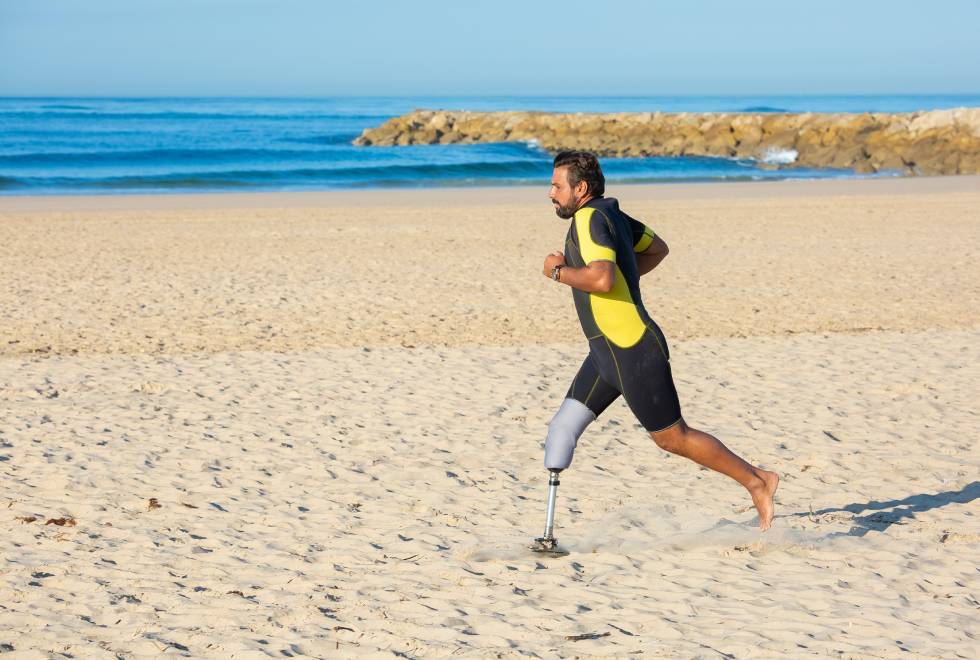
“It is easy for you to say “Love yourself”! What if I have a real noticeable physical flaw that I cannot hide, and it is it that all people notice first, and not me? How can I learn to live with it? And in general, is fulfilling life possible if you are… flawed?”
Flawed… What a harsh and painful word! And people who have external defects may experience so many distressing feelings! The flaws can be different: a birthmark on the face, a noticeable scar, crossed eyes, acne, vitiligo… One way or another, this “something” is present, and it is impossible not to notice it.
How to live fully and harmoniously if there is such a “but”?
Probably, no matter what we say, you may want to answer something like “it’s easy for you to say, you don’t have it!”. But no, it’s not at all easy, and we do not devalue other people’s feelings by talking about how to live with a physical flaw. But in fact, almost every person has their pain that they must reckon with. It is just that someone has it “outside”, and someone has it “inside,” and this can also be difficult.
Are there any universal guidelines? Probably no because each person is unique. But…
If you have a defect that worries you, and it is irreparable, the only thing that can be done is to accept it as a part of yourself, and maybe even make it your strength.
Remember all the models with physical imperfections that became world-famous: Laura O’Grady, Kelly Mittendorf, Brunette Moffy, Chantelle Brown-Young, Madeline Stuart, Amazon Eve… And this is not even the full list.
Nick Vujicic – is the person who created himself while having neither arms nor legs.
Stevie Wonder and Andrea Bocelli – are blind singers who continued to pursue something they love doing.
Matthew Perry is missing a tip of his finger. Actor Forest Whitaker has a drooping eyelid. Actress Tina Fey has a scar on her face that is hard to hide.
The truth is that there are many more people with imperfections. We listed as an example those whom the whole world knows, and how many of them are ordinary people like us, not celebrities at all! Their examples show that it is quite possible to build a life without putting your flaw on a pedestal!
Self-therapy can be an essential tool for personal growth and self-improvement.
Browse through our courses and see the positive changes they can bring to your life.
You are not sure where to begin?
To be happy because of or despite something is in most cases a choice – a choice that people need to make themselves. This is the first thing that you need to remind yourself in those moments when you want to hide under the pillow and blame all your failures on the fact that “I have …”.
While we are struggling with a part of ourselves, we split internally: we lose something important. And this is not counting the energy, resources, good mood, faith in ourselves, etc. Therefore, it is worth starting to accept ourselves along with our shortcomings.
1. Remember, how many times have you given up something because you have “it”? From applying for a job to dating, going to a party, etc. Was it really worth it?
2. Stand in front of the mirror and say, preferably out loud: “I am me. Together with … (name the flaw). This is also a part of me, and it will not prevent me from being happy”.
And if you are certain that other people will not accept you with your flaw, then consider the experiment that researchers conducted in 1993. It should shake your convictions a little.
In this experiment, several people were given makeup portraying large and ugly scars and informed that in this state, they would have to communicate with strangers.
Before they went to the meetings, the test subjects had the artificial scars removed under a certain pretext. The test subjects did not suspect that the scars were removed.
After “going out into the big world” and interacting with people, most of the subjects described that they had been subjected to some form of discrimination by their interlocutors and were even able to tell exactly what words and actions the interlocutor used to insult them. But they had no “scars” at all…
The experiment vividly illustrates the fact that very often we think that other people do not accept us. And we can name a million arguments proving this fact: they communicate with us wrongly because we have a scar (moles, freckles, ugly hump on the nose, protruding ears, extra pounds). But is it really so?
No physical flaw can make you worse than others. None! If you accept this, other people will also accept this fact. There is no doubt!
Help us grow on Instagram 👇